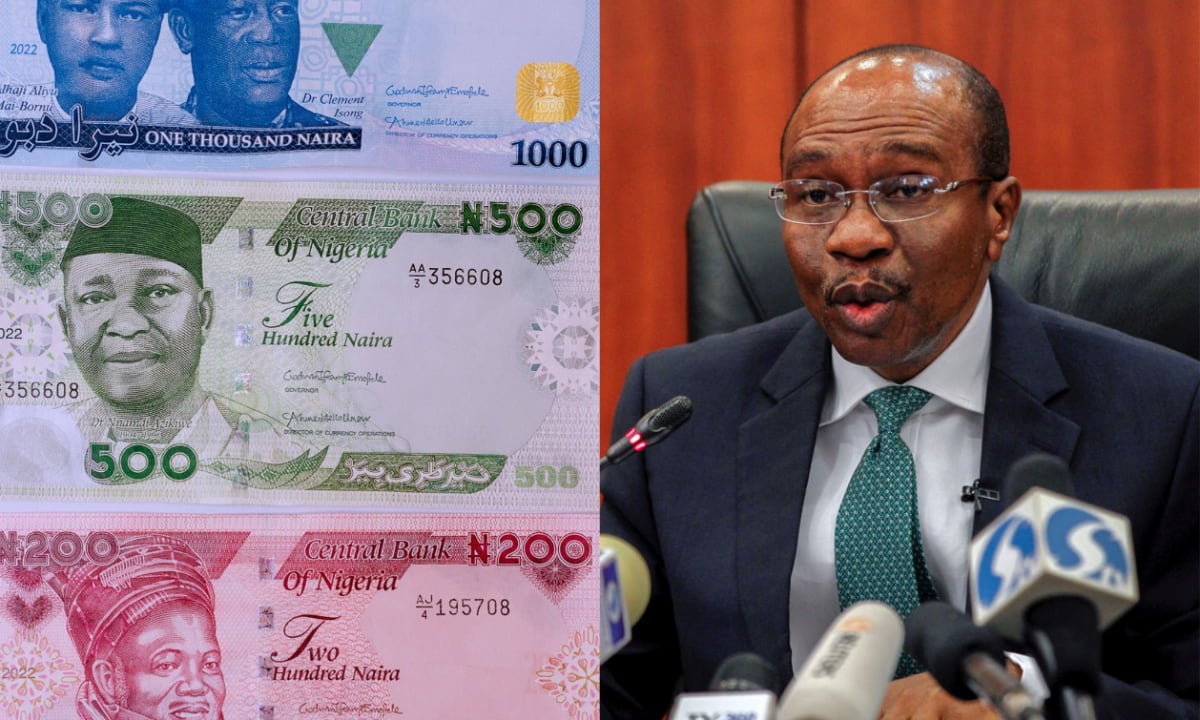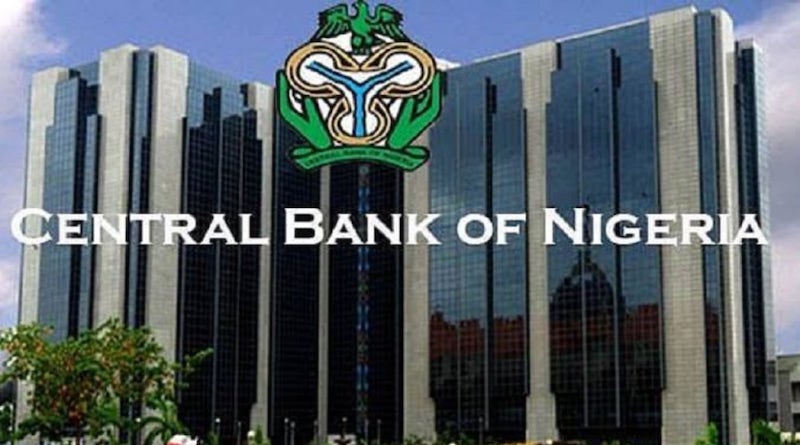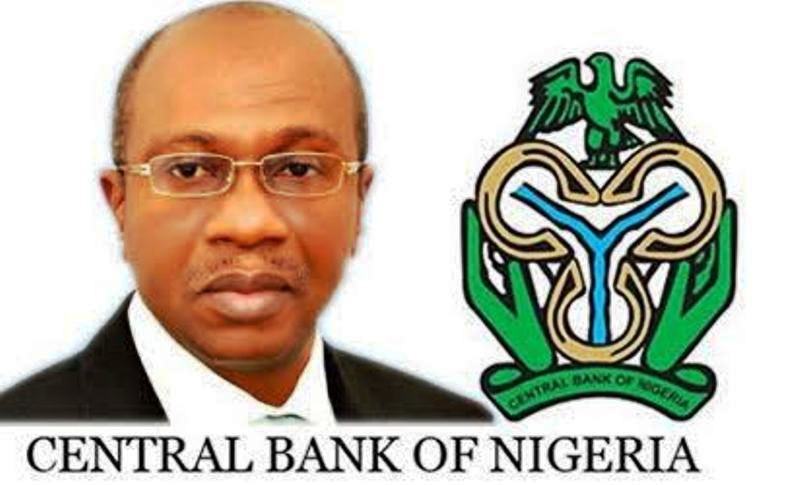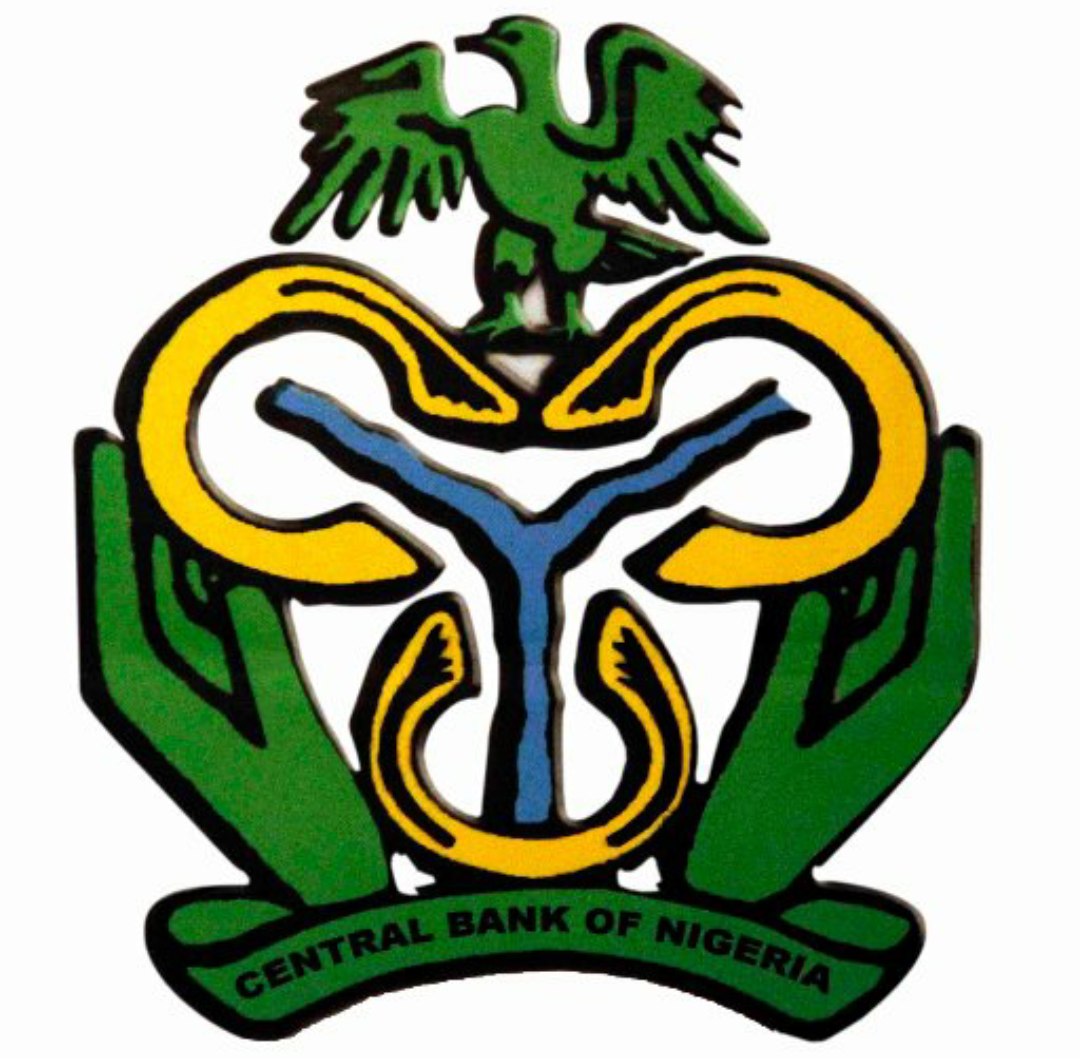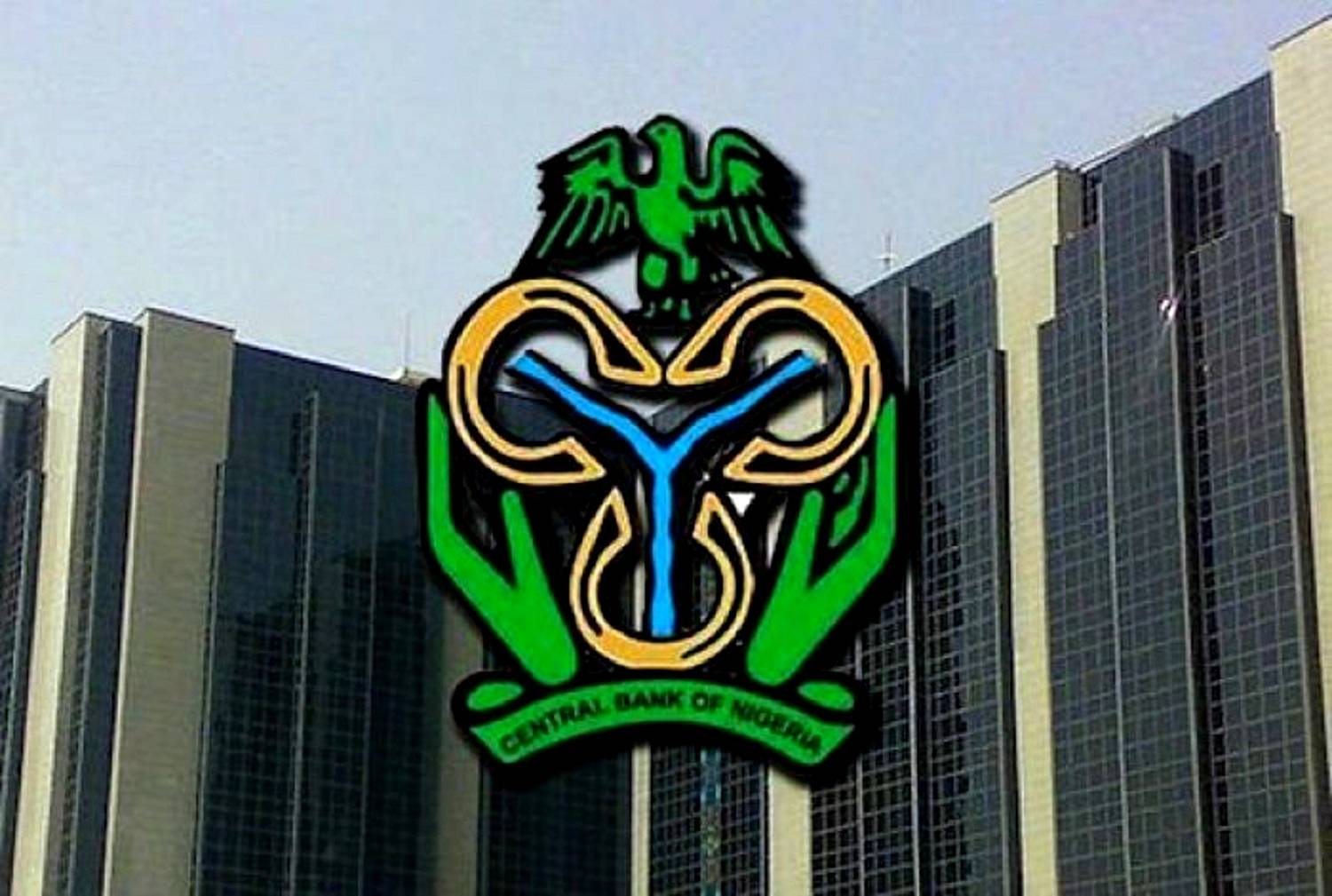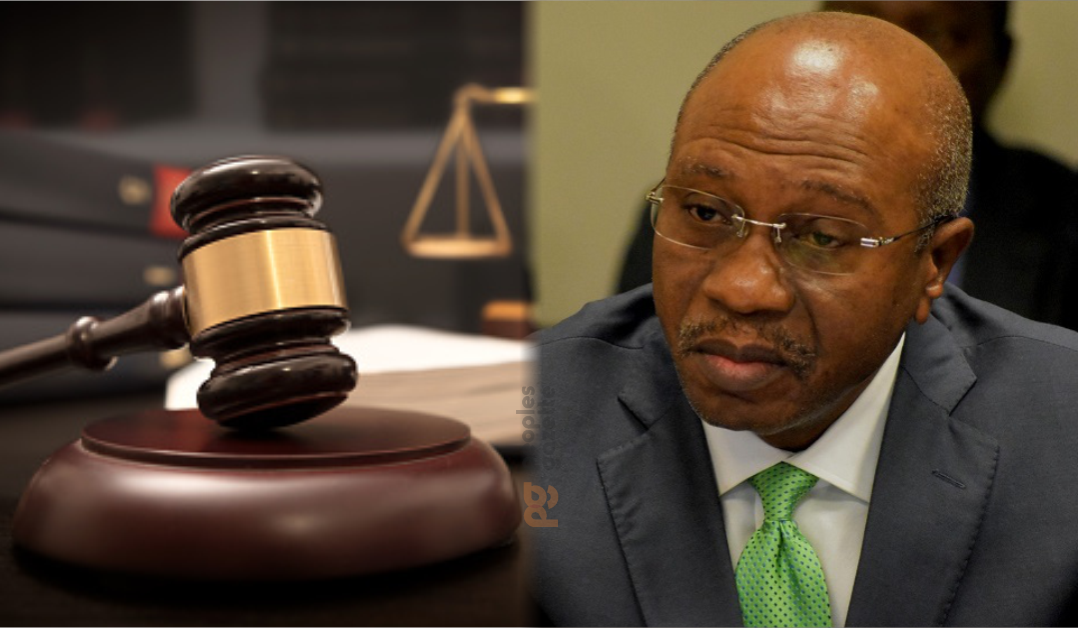The Central Bank of Nigeria, CBN, has vowed to sanction any commercial bank found hoarding the new naira notes, saying it had produced enough for distribution to all the banks across the country.
The CBN Kano Branch Controller, Alhaji Umar Biu, made the remark during a sensitization programme on the new naira notes organised for traders at the Sabon Gari market in Kano on Thursday.
The sensitization programme was also extended to the popular Kwari Market, Wapa Bureau De Change Market, Kofar Wambam market and the famous Kurmi market in the Kano metropolis.
You have the right to report any bank found hoarding the new naira notes or refusing to collect your old naira notes before the 31st January 2023 deadline
He said the traders have the right to report any bank found either hoarding the new naira notes or charging customers before depositing their old naira notes.
“You have the right to report any bank found hoarding the new naira notes or refusing to collect your old naira notes before the 31st January 2023 deadline.
“No bank should refuse to collect the old naira notes until the deadline of 31st January 2023,” the branch controller said.
According to him, the apex bank has directed commercial banks to desist from payment on the counter as part of effort to check the favouritism of customers.
He maintained that there was no going back on the 31st January 2023 deadline adding that all the old naira notes would cease to be legal tender on that date.

The CBN branch controller further called on the market men and women to report banks that were still loading the old naira notes on their Automatic Teller Machines.
He said the sensitisation was designed to enlighten them on the need to deposit the old notes before the deadline to avoid any loss.
The CBN boss advised all Nigerians to ensure that they deposit their old naira notes with them at their commercial banks, before the expiration of the January 31, 2023 deadline.
In his remarks, the chairman of Sabon Gari market traders, Alhaji Sule Kura, called on the apex bank to make the new naira notes available to commercial banks so as to reduce the hardship being encountered by customers.
He expressed great concern over the non-availability of the new naira notes in most of the commercial banks saying many people will lose their money if urgent steps were not taken to address the situation.
Most of the market leaders who spoke at the occasion called for the extension of the deadline.
